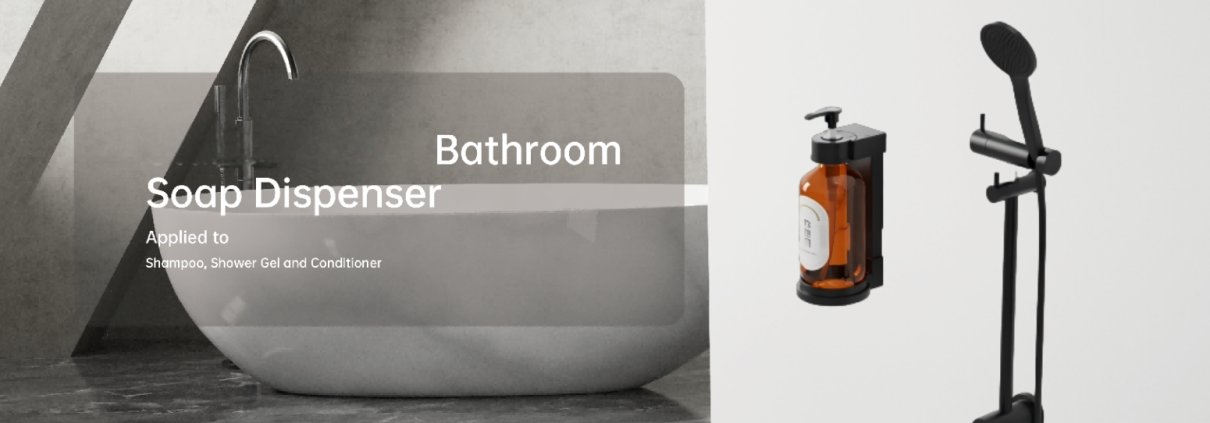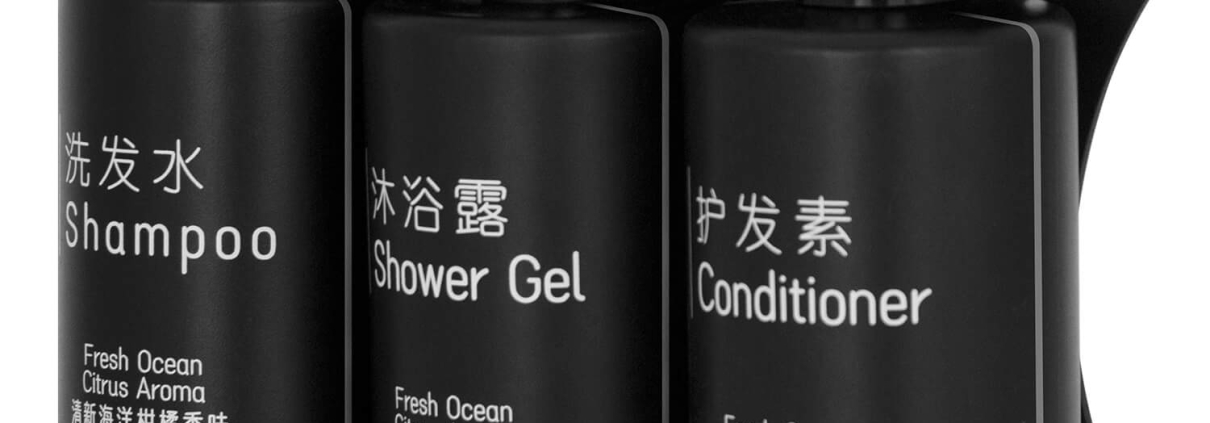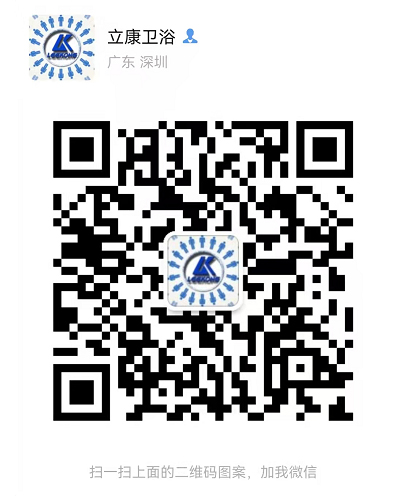The Impact of the U.S.-Vietnam Trade Agreement on China’s Soap Dispenser Industry
Introduction
The recent trade agreement between the United States and Vietnam has significant implications for global supply chains, particularly in the manufacturing sector. One industry that may experience both challenges and opportunities is China’s soap dispenser market, which includes a wide range of products such as stainless steel soap dispensers , automatic dispensers, and those designed for hotel and bedroom use. Companies like Leekong, a major player in the soap dispenser manufacturing industry, may need to reassess their strategies in light of shifting trade dynamics.
This blog explores how the U.S.-Vietnam trade deal could affect China’s soap dispenser sector, analyzing potential disruptions, competitive pressures, and new opportunities.
Background: The U.S.-Vietnam Trade Agreement
The U.S. and Vietnam have strengthened their economic ties through a new trade agreement aimed at reducing tariffs, improving market access, and encouraging investment. Vietnam has emerged as a competitive manufacturing hub, particularly for electronics, textiles, and home goods—industries where China has traditionally dominated.
For the soap dispenser** industry, this agreement could mean:
– Increased competition** from Vietnamese manufacturers
– Supply chain shifts as companies relocate production
– Potential tariff advantages for Vietnam-made products in the U.S. market
Why the U.S. Is Strengthening Trade with Vietnam
Several factors have driven the U.S. to pursue closer trade ties with Vietnam:
- Reducing Dependence on China
The U.S. has been diversifying supply chains away from China due to trade wars, tariffs, and geopolitical tensions.
Vietnam has emerged as a top alternative for manufacturing, offering lower labor costs and a business-friendly environment.
- Countering China’s Influence in Southeast Asia
The U.S. sees Vietnam as a strategic partner in the Indo-Pacific region to balance China’s economic dominance.
Strengthening trade helps the U.S. expand its influence in ASEAN (Association of Southeast Asian Nations).
- Addressing Trade Imbalances
The U.S. had a $116 billion trade deficit with Vietnam in 2023, largely due to electronics (like Apple and Samsung products assembled there).
The new agreement includes provisions to promote more balanced trade, such as encouraging U.S. exports to Vietnam.
Key Provisions of the U.S.-Vietnam Trade Agreement
While the full text of the agreement has not been publicly released, reports suggest it includes the following elements:
- Tariff Reductions
Vietnam will lower tariffs on U.S. agricultural products (soybeans, pork, dairy).
The U.S. may reduce duties on Vietnamese textiles, footwear, and electronics.
- Intellectual Property (IP) Protections
Stronger enforcement against counterfeit goods, benefiting U.S. tech and pharmaceutical companies.
Vietnam will improve patent and trademark laws to align with international standards.
- Labor and Environmental Standards
Vietnam must comply with International Labour Organization (ILO) standards, including allowing independent unions.
Commitments to sustainable manufacturing practices to attract eco-conscious investors.
- Digital Trade & E-Commerce
Rules to facilitate cross-border data flows, benefiting tech firms like Google and Amazon.
Vietnam will ease restrictions on cloud computing and digital payments.
- Supply Chain Resilience
Encouragement for U.S. companies to shift production from China to Vietnam in sectors like semiconductors, electronics, and consumer goods (including soap dispensers).
How This Affects China’s Soap Dispenser Industry
- Competitive Pressure on Chinese Manufacturers
Vietnam has been steadily improving its manufacturing capabilities, offering lower labor costs and favorable trade terms with Western markets. Companies like Leekong, which specialize in stainless steel soap dispensers and luxury models for hotel and bedroom settings, may face stiffer competition from Vietnamese producers.
– Price Competition: Vietnamese manufacturers could undercut Chinese prices due to lower wages and reduced tariffs under the new trade deal.
– Quality Perception: If Vietnam enhances its reputation for high-quality soap dispensers, Chinese brands may lose market share in the U.S. and Europe.
- Supply Chain Relocation Risks
Many global brands are diversifying their supply chains away from China due to geopolitical tensions and rising costs. The U.S.-Vietnam trade deal could accelerate this trend.
– Shift in Production: Some Chinese soap dispenser manufacturers may move part of their operations to Vietnam to benefit from tariff reductions.
– Impact on Domestic Suppliers: If key players like Leekong relocate, smaller Chinese suppliers could suffer from reduced orders.
- Opportunities for Chinese Brands
While challenges exist, the trade deal also presents opportunities:
– Strategic Partnerships: Chinese firms could collaborate with Vietnamese manufacturers to leverage cost advantages while maintaining design and branding control.
– Focus on Premium Markets: High-end stainless steel soap dispensers for luxury hotels and bedrooms may remain a strong niche where Chinese craftsmanship is still preferred.
– Innovation & Automation: Investing in smart dispensers and eco-friendly designs could help differentiate Chinese products from Vietnamese competitors.
Case Study: Leekong’s Positioning in the Changing Market
Leekong, a well-known Chinese soap dispenser brand, must adapt to these changes. Here’s how it could respond:
– Expand into Vietnam: Setting up a subsidiary or joint venture in Vietnam could help Leekong benefit from the trade deal while keeping costs competitive.
– Enhance Product Differentiation: Focusing on high-demand segments like stainless steel soap dispensers for hotels and premium bedroom collections could maintain brand value.
– Strengthen E-Commerce Presence: Direct-to-consumer sales via Amazon, Alibaba, and other platforms could offset any losses from traditional retail channels.
Conclusion
The U.S.-Vietnam trade agreement introduces both risks and opportunities for China’s soap dispenser industry. For businesses in this sector, the key to success will be agility: adapting to new trade dynamics while maintaining quality and brand reputation in markets such as hotel supplies, bedroom accessories, and commercial stainless steel soap dispensers.
By staying ahead of these trends, China’s soap dispenser industry can continue to thrive despite shifting global trade landscapes.
The U.S.-Vietnam trade agreement signals a strategic shift in global supply chains, with Vietnam becoming a key manufacturing alternative to China. For industries like soap dispensers, this could mean:
More competition from Vietnamese suppliers in the U.S. market.
New opportunities for Chinese brands to innovate and diversify.
Companies like Leekong will need to adapt—whether by improving product quality, expanding into Vietnam, or strengthening e-commerce sales—to remain competitive in this evolving trade landscape.
As the deal progresses, businesses should monitor:
✔ Tariff changes affecting imports/exports.
✔ Labor reforms in Vietnam that could impact production costs.
✔ U.S. trade policies toward China, which may further influence supply chain decisions.
By staying informed and agile, manufacturers in the soap dispenser industry can navigate these changes effectively.




